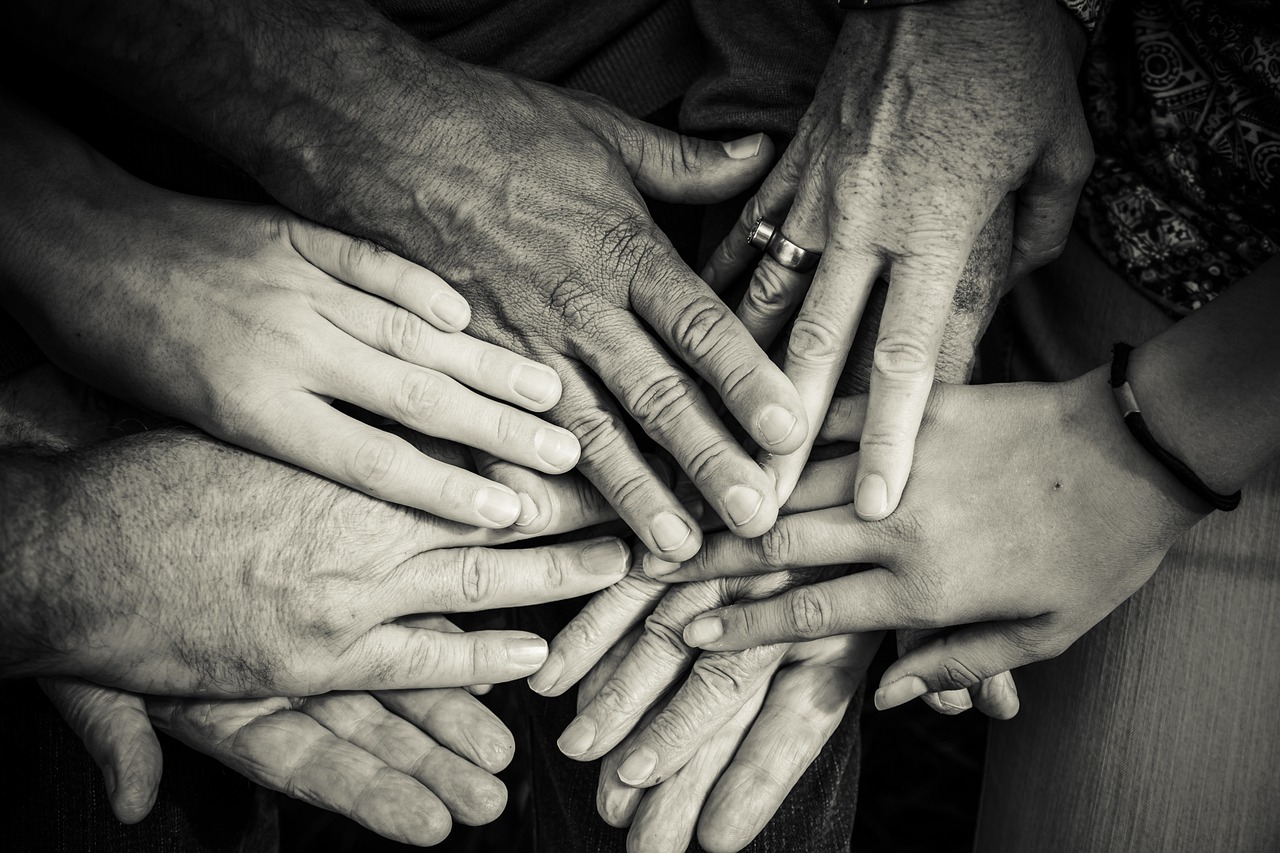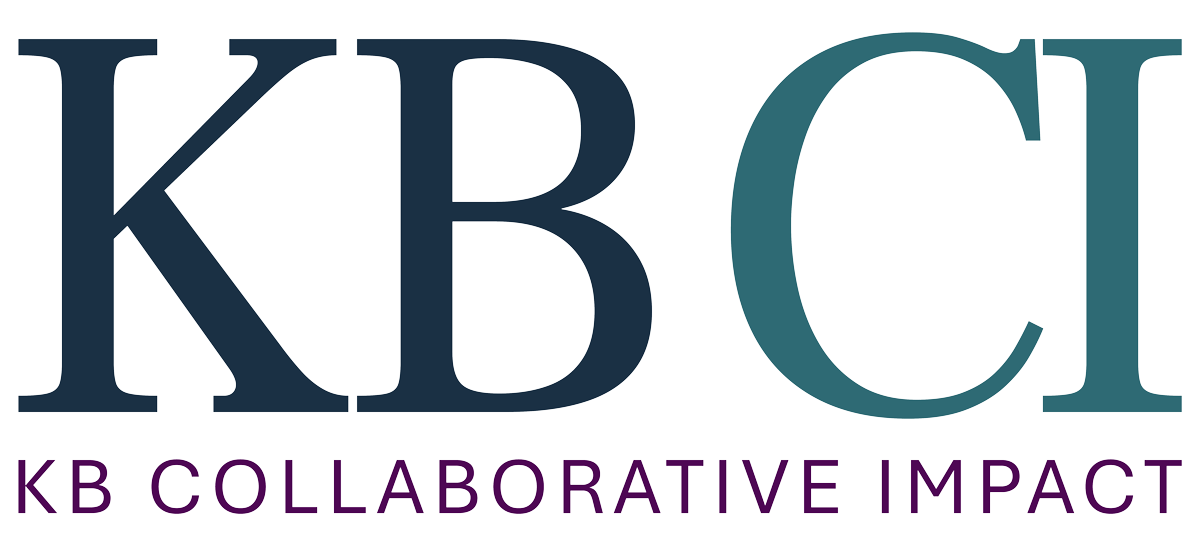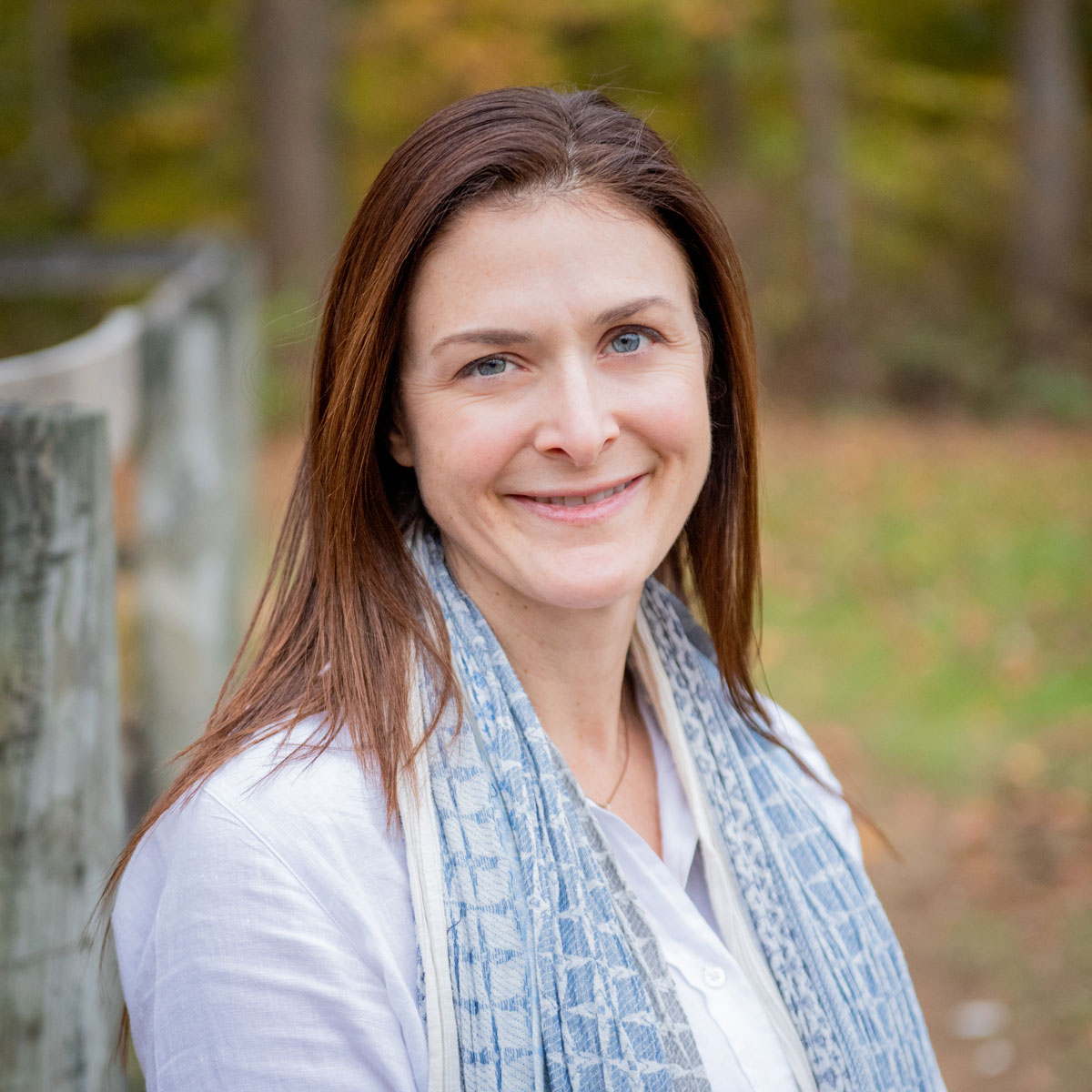
The Crucial Power of Connection
by Katherine Burke
[Author’s note: This post is a bit outside the typical bounds of my professional writing, but it is a topic that I believe is relevant to all of us in both our personal and professional lives. Valuable connections can and should be built across individuals and teams within organizations. Positive human connection improves outcomes for all of us, regardless of the setting.]
Lately, I’ve been reflecting on the idea of connection – the profound universality of human connection.
Not just the connections we have to our family, friends, colleagues and neighbors, but also the organic connections we have to strangers in the grocery line, fellow drivers battling for space on the road, newcomers to our country and residents of distant lands. And, perhaps most importantly, our connections to people who decidedly do not share our political, social or religious views. Whether we like it or not, we are connected to all of these people in a variety of ways.
But how can we feel connected across seemingly massive geographic, cultural and political divides? How can we feel trust when our perspectives and needs often seem so conflicting?
Is it possible to maintain a strong society without those connections and trust? I don’t think so, and we’re in a moment when this really matters.
Fortunately, there are a variety of innovative organizations working to understand and develop these fundamental connections. Among them, Weave: The Social Fabric Project is supporting powerful work at the hyper-local level in the U.S., with an aim to build a grassroots movement that will spread across the country for large-scale impact. More In Common is conducting fascinating research and polling to understand our human desire for connection, and to identify the forces preventing those connections from happening.
I found hope in this recent article by More In Common, which suggests that “A majority (66 percent) of Americans across all demographic groups feel they can learn something valuable by connecting with others who are different—and seven in ten (70 percent) feel a responsibility to do so. Additionally, a majority are at least moderately interested in participating in “bridging activities” across differences of race/ethnicity, political viewpoint, socioeconomic status, and religion. Specifically, Americans are most interested in connecting across difference to work together to achieve a shared goal and least interested in engaging in conversations about group tensions.”
It’s clear that, despite our differences, there is a strong underlying desire to connect and build trust. Please take a few minutes to check out these organizations and the More In Common article. Together, we can be part of a movement to bridge divides and strengthen our society.

